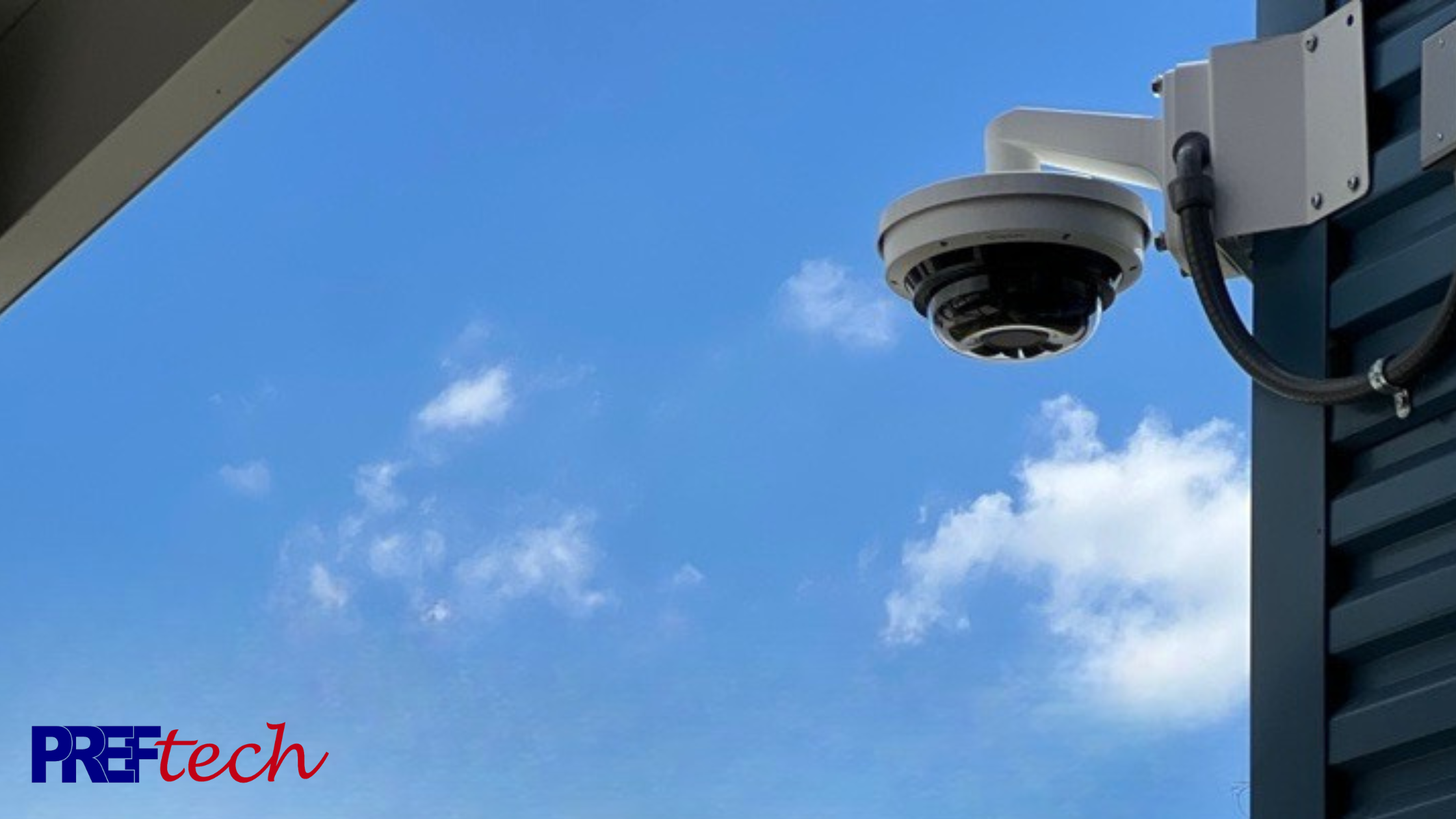In most of my 47 years of life, I have battled “earning the approval of man”. I want to be liked. I want to be admired. I want to be known as a good man. Unfortunately, I’m human. I fail. When I do, I find myself irrationally believing my failure will cause others to reject me. My irrationality goes even further; it tries to convince me my failure isn’t mine and someone else must be at fault. I blame. Not only do I blame, I adeptly craft a “fix” to get that someone from ever failing again. “If they would only __________, none of this would happen.” Understanding my bent, you can appreciate how Leo Tolstoy’s quote slapped me in the face. I often try to control what I can’t—others—and fail to control what I can—myself. Intellectually, we know trying to change others is futile and frustrating. Yet, we do it constantly. We end up exasperated. Instead, we should focus on what we can control—ourselves. By shifting from blaming others to taking ownership of our actions, we can foster healthier relationships and a more constructive society. Our culture is rife with examples of blame-shifting. Political polarization is a prime example, where each side blames the other for societal issues, creating a cycle of division and hostility. Social media activism often devolves into public shaming and blame, rather than fostering meaningful dialogue and change. Public health regulations during the COVID-19 pandemic saw blame cast on various groups, from government officials to individuals refusing to follow guidelines. To break free from this blame-centric mindset, I encourage each of us to cultivate self-awareness and take responsibility for our actions. Here are some tips and techniques to help you transform: - Improve Self-Awareness: Keep a daily journal to reflect on your thoughts and actions. This practice can help you understand your emotions and identify areas for personal growth.
- Seek Honest Feedback: Ask trusted friends or colleagues for honest feedback about your strengths, weaknesses, and blind spots. This can provide valuable insights and help you see yourself from different perspectives.
- Focus on What You Can Change: Before asking others to change, consider what you can do differently. This shift in mindset can lead to more constructive interactions and personal growth.
- Practice Mindfulness: Engage in mindfulness meditation, prayer, or quiet time to stay present and aware of your thoughts and actions. This practice can help you respond to situations more thoughtfully rather than reactively.
- Embrace Responsibility: Accept responsibility for your actions and their impact on others. This empowers you to make positive changes and fosters a sense of control over your life.
By transforming from “blamers” to “owners,” we can create a more empathetic and constructive society. Let’s take Tolstoy’s wisdom to heart and focus on changing ourselves first. In doing so, we can improve our relationships and contribute to a better world. I hope you will join me to that end. Shaun | 